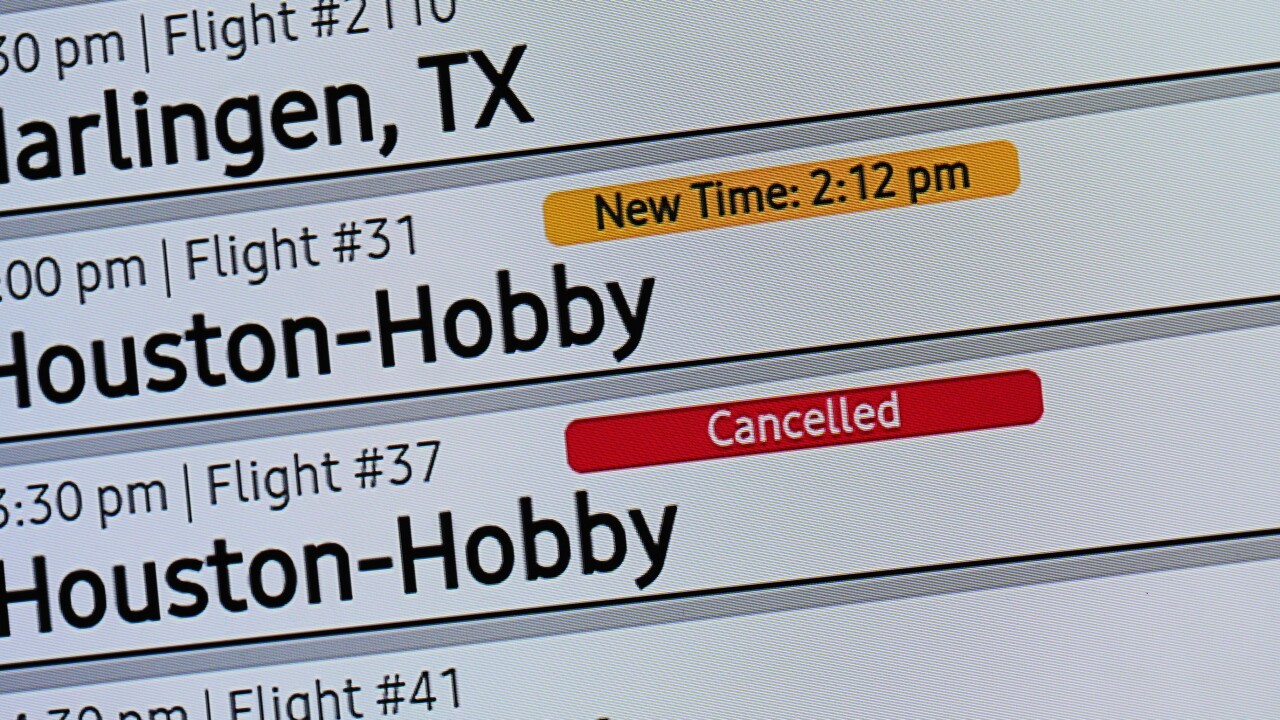The House of Representatives is expected to vote Wednesday on legislation to reopen the federal government, putting an end to the longest shutdown in American history.
However, it won't just be the length of this shutdown that is remembered. It will also be the cost.
ADDING UP THE COSTS
It isn't necessarily easy to put a price tag on the federal government being shuttered since October 1. After all, families have struggled following the loss of food benefits and missed flights to family gatherings.
Wendy Edelberg knows something about the cost of shutdowns. For years, she served as the chief economist at the nonpartisan Congressional Budget Office. Edelberg calculated the loss of the last shutdown in 2018 and 2019.
RELATED STORY | Supreme Court allows Trump administration to continue limiting SNAP payments
"It will be the most expensive shutdown in history," Edelberg said.
Estimates vary from group to group, but the estimated cost to the economy of this shutdown is anywhere between $10 billion and $15 billion.
"The part that we never get back is the work that these federal workers should have been doing if they had been on the job," Edelberg said.
Edelberg says when federal workers receive back pay, SNAP food assistance benefits are paid, airports return to normal, and the federal government begins buying again, the economy should rebound from the recent loss.
Edelberg fears the impacts of this shutdown may linger because of a demoralized federal workforce.
"If you have basically knee-capped the federal workforce, you can see a less productive federal government going forward," Ederlberg warns.
There has also been a political cost to this shutdown.
RELATED STORY | Travel delays mount as FAA continues to reduce operations at major airports
On October 1, the approval rating for Congress was 28%, according to Real Clear Politics' polling average. As of November 10, it has dropped to 18%
That could affect politics in next year's midterms.
The health care impacts of this shutdown are relevant as well. After all, the deal to reopen the government did not produce any health insurance policy changes that Democrats fought for during the shutdown.
Expiring Affordable Care Act subsidies at the end of this year are projected to result in 4.2 million Americans dropping coverage because premium costs are too high, according to the nonpartisan Congressional Budget Office.
KFF, a health care policy group, estimates that Obamacare insurers are raising premiums on the insurance marketplace by 26% on average.





